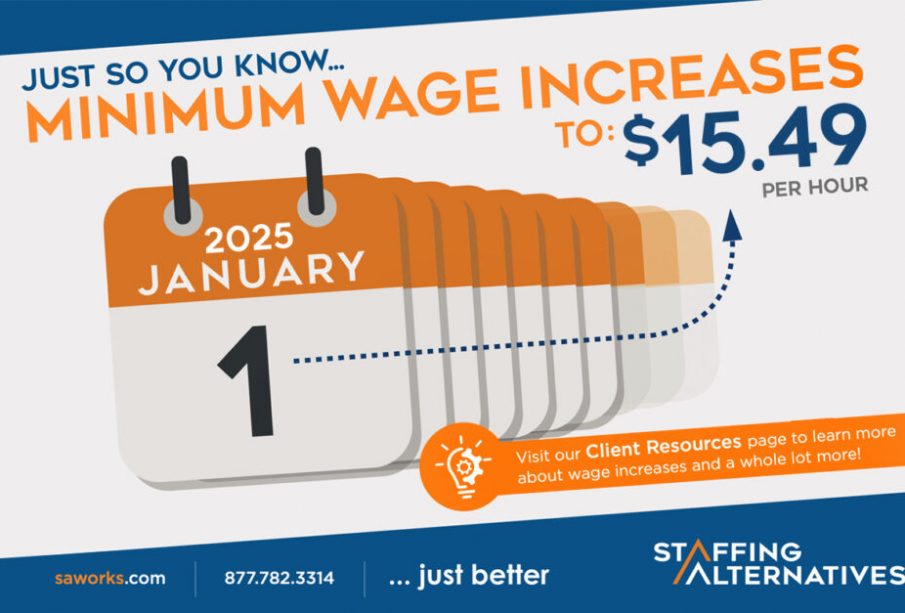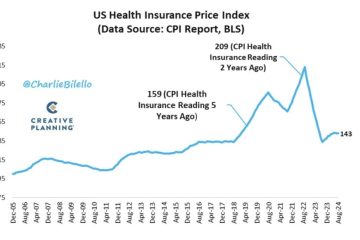Minimum Wage Changes: What to Expect in 2025

Introduction
The topic of minimum wage is increasingly relevant as discussions surrounding worker pay, inflation, and living costs intensify. With predictions pointing toward significant adjustments in 2025, this topic affects millions—especially low-income earners who rely on these wages for their livelihood. Understanding the potential changes in minimum wage can inform both workers and employers, shaping personal finances and business strategies alike.
Current Landscape
As of 2023, the UK’s minimum wage is set at £10.42 per hour for workers aged 23 and over, with incremental increases for younger workers. The government typically reviews rates annually, and recent economic pressures—particularly surging inflation—have necessitated a more urgent dialogue around wage adjustments. In light of ongoing economic recovery post-pandemic, many experts anticipate that the minimum wage will see substantial adjustments in 2025 to better align with living costs.
Projected Changes for 2025
Several economic analysts predict that the minimum wage could increase to approximately £12 per hour by 2025, as legislators respond to calls for fair compensation amid rising living expenses. The Centre for Progress Economics has reported that substantial hikes in minimum wage are not only feasible but necessary to ensure workers can meet basic needs such as housing, food, and healthcare. Increased minimum wage would directly benefit around 2 million workers in low-paying sectors.
Furthermore, proposals have emerged advocating for a more dynamic wage assessment strategy, where minimum wage would be linked to inflation rates. This would theoretically provide a more responsive and stable income for low-wage workers, insulating them against future economic fluctuations.
Implications for Businesses
While increasing the minimum wage can empower employees, it presents challenges for businesses, particularly small enterprises already grappling with tight margins. Employers will need to navigate these changes carefully, considering adjustments to pricing and employee structure. Some businesses may consider increasing automation or adapting their business models to cope with higher labour costs.
Conclusion
The minimum wage for 2025 is a pivotal issue that carries significant implications for both employees and employers. As the conversation unfolds, it is vital for workers to stay informed about potential changes that could enhance their earnings and living conditions. Meanwhile, businesses must prepare strategically to accommodate a rising wage floor. Ultimately, how the UK government addresses these changes may define the economic landscape and shape workforce dynamics in the years to come.








